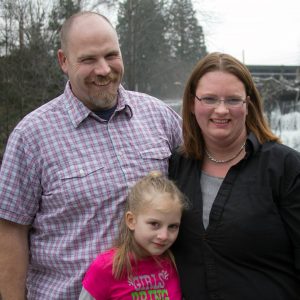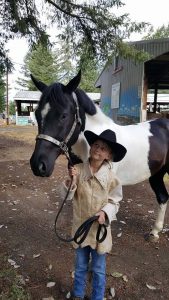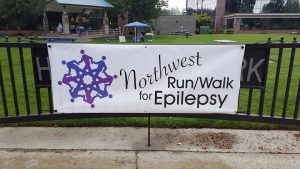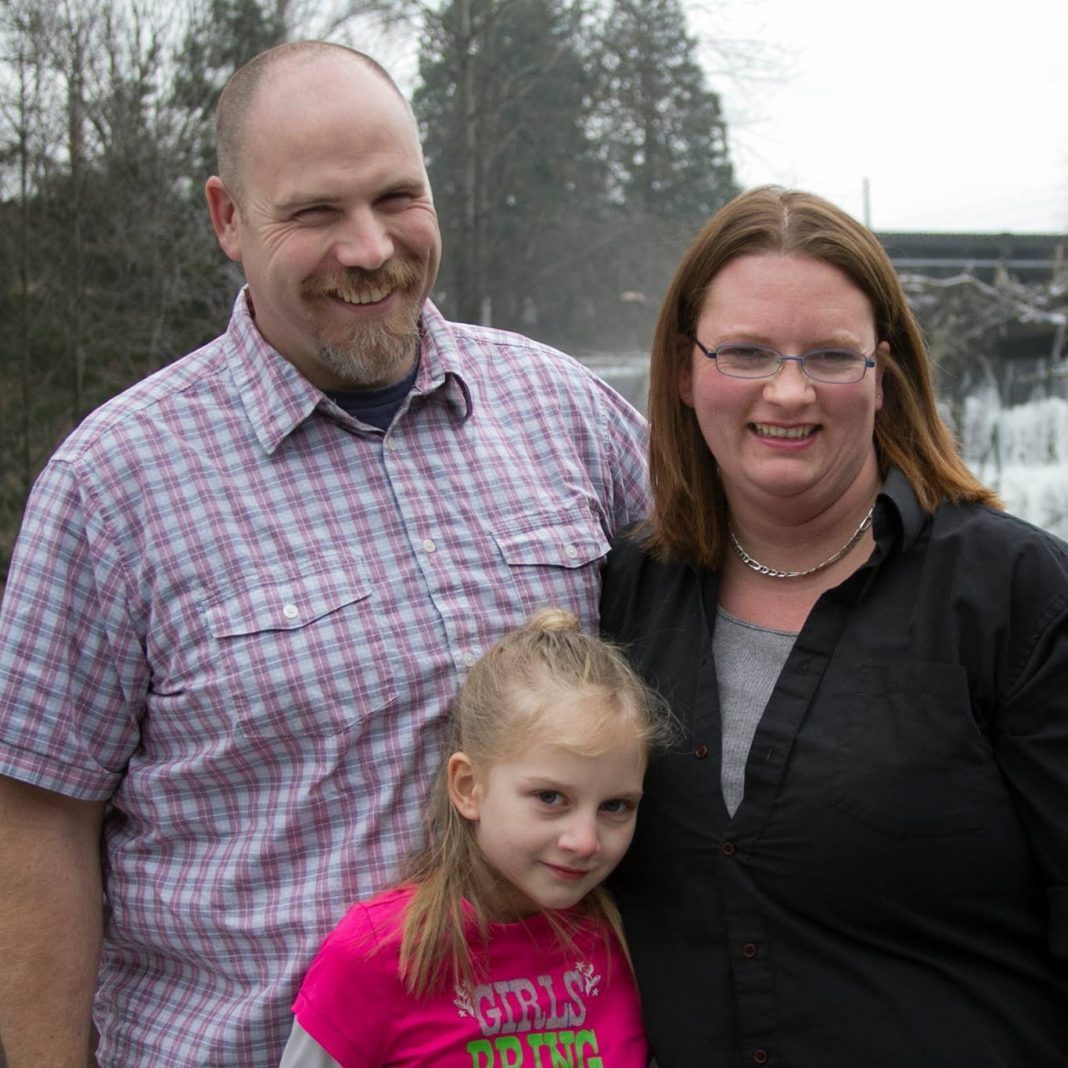When Yelm resident Sarah Weideman’s daughter Allie had her first seizure on Saint Patrick’s day of 2015, the family was unfamiliar with epilepsy and the challenges that accompany the disease. After Allie’s initial grand mal seizure ended, she began having complex partial seizures almost every day, where she remained conscious but would repeat movements and sounds and lost her memory. Sarah soon realized that being a parent to a child with epilepsy would be a new part of her reality.
 Although approximately 1 in 26, or 4 percent, of people will develop epilepsy in their lifetime, the cause is still uncertain and the majority of people will never know what triggered the first seizure. Epilepsy can be treated with medication, surgery to remove the focal point in the brain where seizures are occurring, and specialized diets such as the ketogenic diet, where the patient eats primarily fats. However, these methods are still limited, are often not necessarily effective, and can come with dangerous side effects.
Although approximately 1 in 26, or 4 percent, of people will develop epilepsy in their lifetime, the cause is still uncertain and the majority of people will never know what triggered the first seizure. Epilepsy can be treated with medication, surgery to remove the focal point in the brain where seizures are occurring, and specialized diets such as the ketogenic diet, where the patient eats primarily fats. However, these methods are still limited, are often not necessarily effective, and can come with dangerous side effects.

Because of the lack of information on epilepsy, Sarah decided she needed to be an advocate for Allie. She reached out to the epilepsy community and found Epilepsy Foundation Northwest, an organization that works to raise awareness and funds to donate to epilepsy research. Through the organization, Sarah became certified to teach classes on epilepsy, epilepsy first aid, and how to help seniors with epilepsy.
“Organizations, such as schools, businesses and community groups, can have me come in and it’s all free. We just give the presentation and answer questions. There are 40 different types of seizures that have been identified and about 50 different types of epilepsy, so it’s not just a seizure, there’s so much to it,” she said.
In addition to teaching these classes, Sarah also talks to Allie’s teachers and students in her class each year to educate them about what to do in case of a seizure, and to encourage understanding of the disease, when it is often ignored by school teachers and counselors.

Sarah believes that people with epilepsy should not have to be secretive about their disease, but instead should be open about epilepsy. Because Sarah is a horse trainer, she organized a gaming play day to involve the horse community with epilepsy awareness. To ride in the play day, each participant paid a flat rate plus donations, and instead of winning ribbons the riders won extra raffle tickets. Participants received purple bands and pens, the color for epilepsy. At the end of the day, Sarah gave a short presentation on epilepsy.
“The more that you know how to deal with seizures, the more you know how to get that person to safety,” Sarah said. “It was a good fun way to get the horse community involved, plus raise some money.”
Sarah also organized a team for the Epilepsy Walk Olympia at Huntamer Park, called Back to Basics, which raised about $4,560 to contribute to the $180,000 raised on walks throughout the Pacific Northwest. The money goes mainly toward epilepsy research and Camp Discovery, which is a free camp for children with epilepsy where are the staff are epileptic themselves or otherwise trained in how to take care of people with epilepsy.
Epilepsy can seem lonely, but through Epilepsy Foundation Northwest events and Facebook groups, Sarah and Allie have found a supportive epilepsy community. Sarah started a Facebook page, “Allie’s Epilepsy Adventures,” where Allie is able to share her story, give friends and family updates, and allows other parents to ask questions about life with epilepsy.

The page covers positive aspects of Allie’s life with epilepsy, such as her adventures at horse shows, as well as negative aspects such as extended EEG testing and her struggle to find the best treatment options. The page currently documents Allie’s journey to get a Vagus Nerve Stimulation device, which would help regulate her seizures. Sarah hopes the page will connect and inspire other people with epilepsy or those who want to learn more about epilepsy.
“Epilepsy doesn’t stop Allie,” Sarah said. “She can ride her horse, she rides her bike, she goes hiking, she does everything that every other kid does.”





















































